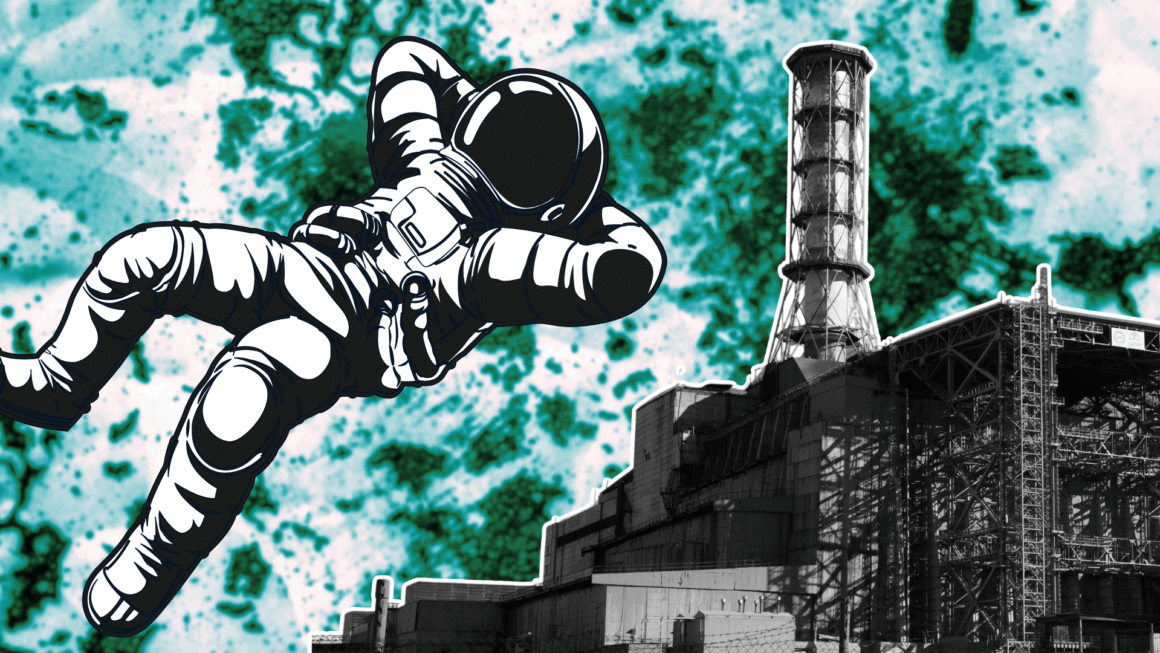Every year, the Super Bowl tries to show us what we think we look like. Flags, fireworks, familiar faces. But this year, America looks different. Bad Bunny is headlining the Super Bowl halftime show. A Puerto Rican artist, singing in Spanish, with a catalog that smells like krippy kush and coastal heat. When the country tunes in, it won’t just be watching a performance. It will be staring at its own reflection.
For decades, the Super Bowl has been the nation’s most carefully curated moment of self-image: unity, patriotism, spectacle. Yet here comes Benito Martínez Ocasio, global reggaetón icon and the most-streamed artist on earth, a man who once rapped “marihuana y bebida, gozándose la vida como es [marijuana and alcohol, enjoying life as it is],” at the center of the screen. The question isn’t whether America is ready for him. It’s whether America has already become him.
The Smoke and the Silence
Bad Bunny’s catalog is steeped in cannabis culture. Krippy Kush made the slang global. Hoy Cobré featured Snoop Dogg, a joint between generations. Yonaguni ends with “y un blunt.” And Callaíta, his billion-view anthem, turns marihuana y bebida into a mantra of pleasure and autonomy.
But there’s also that old interview clip where he admits he quit smoking years ago. “I like to be clear-minded,” he says. “It didn’t work for me anymore.” It’s honest, almost tender. He separates the plant from the posture. Weed served its season. Then he moved on.
That contradiction (songs that smoke, an artist who doesn’t) isn’t hypocrisy. It’s maturity. Weed was a language he helped normalize. Now he lives the meaning beyond the ritual. In a country still learning to separate culture from criminalization, that’s progress in itself.
America in Transition
Three overlapping revolutions define this moment.
Cannabis. The Pew Research Center reports that almost nine in ten Americans support legalization for medical or recreational use. Weed is no longer rebellion; it’s regular.
Spanish. With more than 50 million Spanish speakers, the United States ranks among the largest Spanish-speaking nations on Earth. Spanish is no longer the outsider language; it’s part of the country’s rhythm.
Puerto Rico. Nearly half of mainland Americans still don’t know Puerto Ricans are U.S. citizens, according to a Morning Consult poll. Yet here is a Puerto Rican artist redefining the national soundtrack. When Jennifer Lopez unfurled the island’s flag during her 2020 halftime show, it was controversial. In 2026, it will be the centerpiece.
This is the new America: weed-friendly, bilingual, Caribbean at its roots. For many, that feels liberating. For others, terrifying.
The Rhetoric of Resistance
Every social leap meets its echo of fear. The economist Albert O. Hirschman described it decades ago in The Rhetoric of Reaction: opponents of progress argue that reform will backfire (perversity), accomplish nothing (futility), or destroy what already works (jeopardy).
When Representative Marjorie Taylor Greene called Bad Bunny’s upcoming show “perverse” and demanded English be made official, she was unknowingly quoting Hirschman’s playbook. The claim that Spanish lyrics or cannabis culture threaten America misunderstands what America is: a nation that only exists because of change.
History proves that each wave of newcomers, each taboo normalized, enriches rather than erases. As Stanford’s Ran Abramitzky writes, immigrants “come to resemble natives, and new generations form distinct identities as Americans.” The same could be said of every idea once foreign to the mainstream, from jazz to feminism to legalization.
Academia Meets Reggaetón
Bad Bunny isn’t just pop. He’s syllabus. At Yale University and Loyola Marymount, professors teach his work as a prism for Puerto Rican identity, colonialism, and gender. He paints his nails, blurs masculine codes, and puts queer representation in reggaetón videos once defined by machismo.
When a comedian called Puerto Rico “a floating island of garbage,” he released a music video captioned “garbage,” showing the island’s beauty.
When ICE raids hit the island, he posted videos calling them “mierda.” In another, he spliced a Trump-like voice saying, “This country is nothing without the immigrants.”
He’s more than an artist. He’s a philosopher with a beat.
The Super Bowl as a Mirror
The Super Bowl is the last monoculture left: 110 million people watching the same image at the same time. In 2026, that image will be a Spanish-speaking Puerto Rican, sober but surrounded by songs that celebrate weed, center female pleasure, and reject colonial shame.
Critics will call it political. It is. But politics here means presence. The NFL itself is shifting: it funds cannabinoid research, loosens THC restrictions, quietly acknowledges the hypocrisy of punishing players for what the public now buys legally.
When Callaíta thunders through that stadium, the lyrics won’t just fill the air. They’ll rewrite the definition of “All-American.”
Evolution Over Nostalgia
Real progress demands education and courage, the will to evolve beyond inherited ideas. It’s a lesson that belongs above every border crossing, every capitol, every studio mic.
Change unsettles, yes. It also strengthens. Weed reform has already reduced arrests and opened research. Spanish-language media has deepened American art. Puerto Rican visibility has corrected a century of silence.
This isn’t decay; it’s adaptation. America’s constant act of becoming. As Hirschman warned, the pessimists always say evolution will ruin us. They have always been wrong.
So when Benito steps onto that field, clear-minded, bilingual, unbothered, remember: he’s not the outsider invading America’s stage. He’s the proof of what America has become.
He may no longer light up, but his culture does. And this time, the whole country is breathing it in.
Photo: Shutterstock





